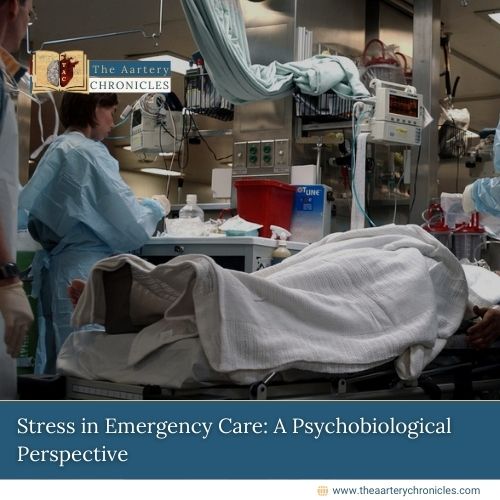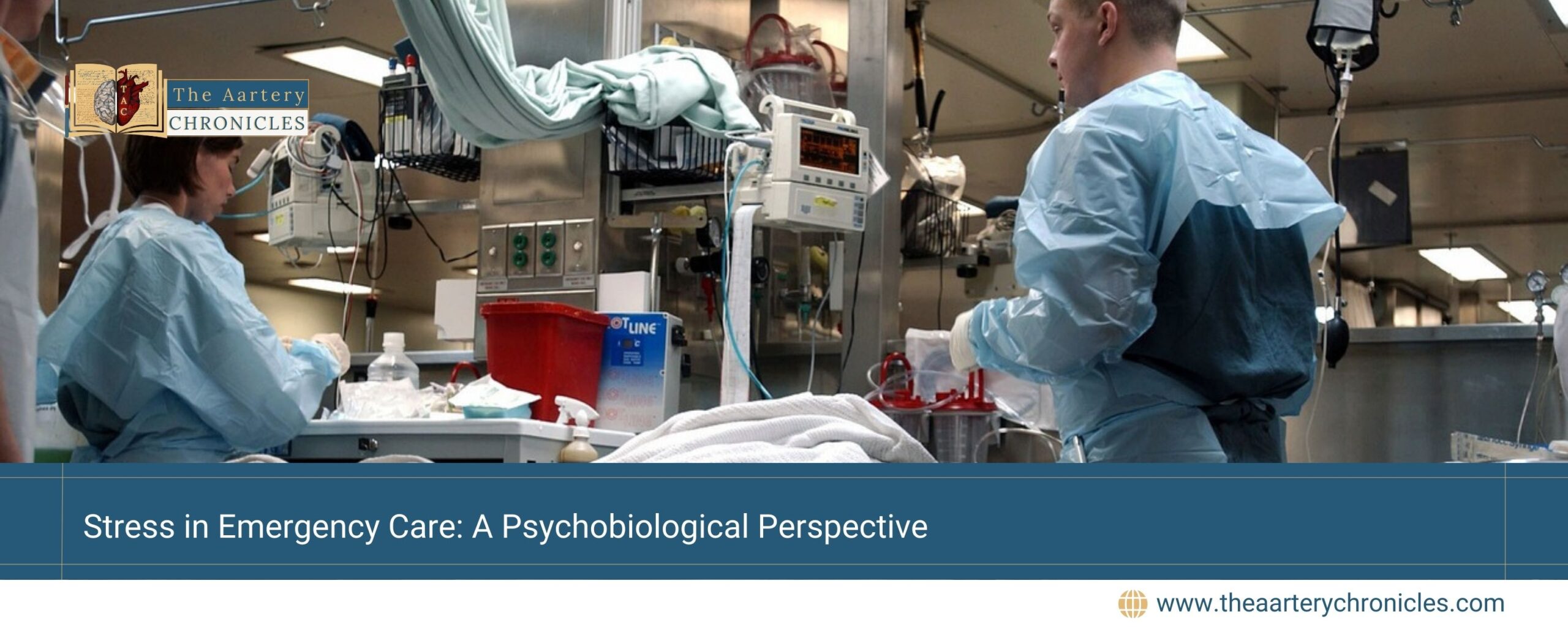

Stress in Emergency Care: A Psychobiological Perspective
Introduction
Emergency medical professionals often face intense and high-stakes situations. A recent study supported by the BIAL Foundation sheds light on how these stressful scenarios impact their mental and physical well-being, emphasizing the need for recovery periods to prevent burnout.
Stress in Critical Care: An Adaptive Response
When encountering emergencies, the body triggers stress responses as a survival mechanism. Hormones like adrenaline and cortisol prepare medical professionals to act quickly by releasing energy and enhancing focus. This response is essential for handling critical situations effectively.
However, frequent exposure to emergencies can overburden the body. Persistent activation of stress responses without adequate recovery can negatively affect health, leading to burnout and diminished well-being.
Investigating Stress During Training
Researchers from Northumbria University and James Cook University Hospital (UK) conducted an innovative study to understand the stress responses of pre-hospital emergency doctors and paramedics. To simulate real-world conditions, the team assessed 27 participants during high-fidelity training sessions over ten days, which included scenarios like road traffic accidents, firearms incidents, and swift water rescues.
The study also included a weekend break to examine the effects of rest. This approach allowed researchers to compare the participants’ stress levels during intense training and recovery periods.
Key Findings: Stress and Recovery Patterns
The study revealed distinct patterns:
- During Training Days: Participants showed increased stress markers, including heightened anxiety, heart rates, and cortisol levels. They also reported feeling less in control and less equipped to cope with a high workload.
- During Recovery Periods: On the weekend, stress markers significantly decreased, highlighting the importance of downtime for emotional and physiological recovery.
These findings demonstrate that high-stress environments are unavoidable in emergency care but must be balanced with recovery periods to maintain overall health.
Why Recovery Matters
While initially adaptive, repeated activation of stress responses can harm medical professionals if it becomes a constant state. Over time, this strain may lead to burnout, which affects not only the individual but also the quality of patient care.
The study underscores the urgent need for medical systems to prioritize recovery opportunities for emergency workers. High-fidelity training simulations, which mirror real-life situations, provide valuable insights into managing stress and preventing burnout.
Implications for Emergency Medicine
This research is especially relevant given that over 50% of emergency medical professionals report moderate to high levels of burnout. Mark A. Wetherell, the lead researcher, emphasizes that while training prepares professionals for the demands of their roles, structured recovery is vital for their health and long-term performance.
By implementing better recovery protocols and support systems, healthcare organizations can protect the well-being of these indispensable workers, ensuring they continue to deliver high-quality care in critical situations.
Conclusion
Emergency medical professionals play a crucial role in saving lives, often under immense stress. This study highlights the importance of balancing their demanding work environments with adequate recovery to safeguard their mental and physical health. Supporting these individuals through structured recovery practices is not only ethical but also essential for maintaining an effective healthcare system.
Source: Inputs from various media Sources









